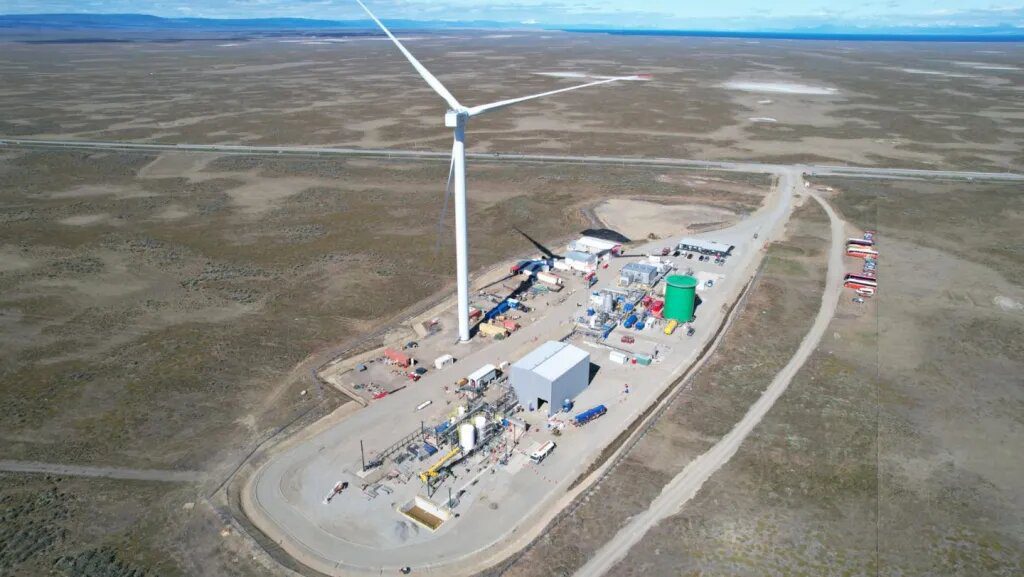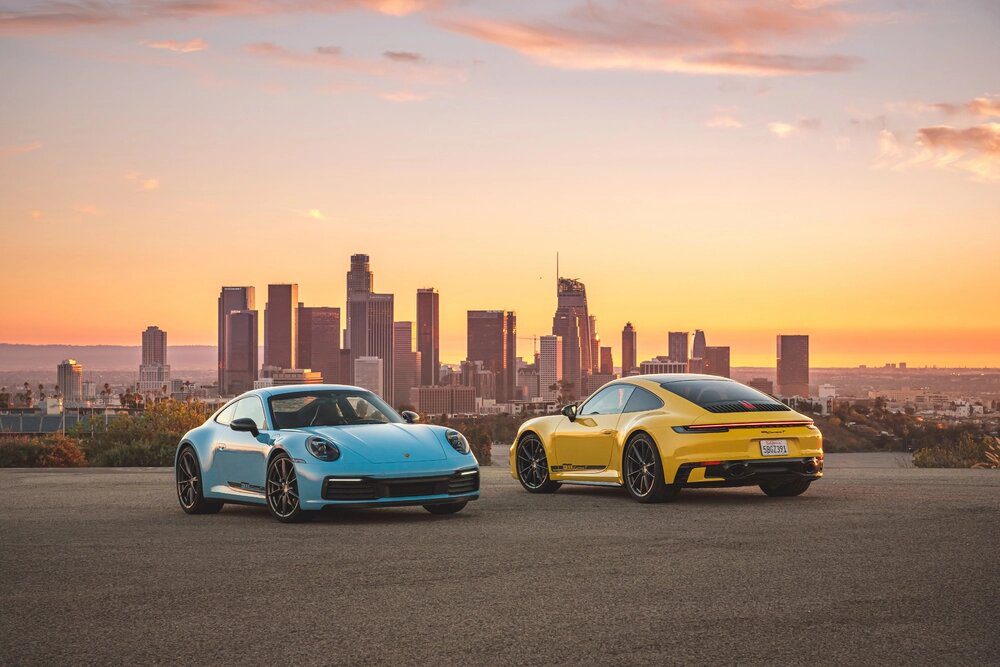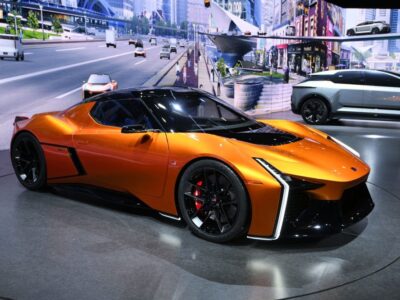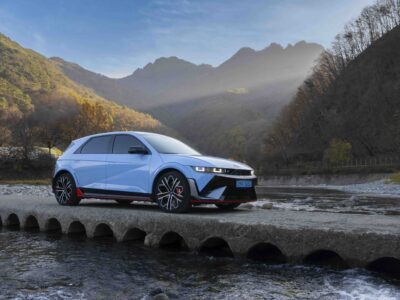Porsche may have untapped a fuel alternative that could change our perspective on internal-combustion engines. After years of development, the auto group and several partners, including Highly Innovative Fuels and Siemens’ renewable energy unit, were proud to announce production has begun in southern Chile on an “e-fuel.”
The carmaker plans to make several millions of gallons of it as electric vehicles (EVs) are increasing in popularity. This technological breakthrough could keep internal-combustion cars around for the foreseeable future with much fewer emissions.
E-fuel’s Composition
What exactly is e-fuel? It’s synthetic methanol produced by scientific processes that use water, hydrogen, and carbon dioxide to create a product that mimics petroleum gasoline. It’s also entirely carbon-neutral. While vehicles still need oil to lubricate the engine, having e-fuel gas would significantly reduce automobile emissions.

Photo Courtesy Porsche
Porsche is setting some lofty goals, although development is still in its early stages. The company hopes to manufacture around 130,000 liters, or 34,342 gallons, of e-fuel in the pilot phase. Should the phase be successful, the goal is to create approximately 55 million liters, or 14.53 million gallons, of fuel per year by the middle of the decade. Two years later, the target number will be 550 million liters or 145.3 million gallons.
“There are currently more than 1.3 billion vehicles with combustion engines worldwide. Many of these will be on the roads for decades to come, and e-fuels offer the owners of existing cars a nearly carbon-neutral alternative,” said Michael Steiner, member of the executive board of development and research at Porsche, in a press release.
Around The Race Track
In 2019, Porsche, partnering with ExxonMobil, started testing the e-fuel’s viability on the race track. In March 2021, the company’s Mobil 1 Supercup circuit team promised to use more renewable fuels and used the Esso Renewable Racing Fuel during the series. The second iteration of the racing fuel was tested in 2022.
This project has been years in the making. The pilot plant was announced in 2020 with Porsche, following the automaker’s $24 million investment; it opened in late 2022 using renewable energy. The setting of southern Chile is perfect since winds powering turbines blow hard almost year round.

Photo Courtesy Porsche
With the first round of fuel production starting in late 2022, the automaker is well ahead of the mark. To celebrate its initial success, Steiner and Frenkel fueled up a classic 911 coupe with their new product.
Fueling A Sustainable Alternative
E-fuel’s incorporation into existing fuel infrastructure is another big bonus of the eco-friendly product. Porsche could potentially replace petroleum-based gasoline with it if the company and its partners can find a way to mass-produce it.
Since replacing gas pumps with EV charging infrastructure is still highly expensive, e-fuel would keep regular gas stations intact. EVs and carbon-neutral gasoline available at the same time would address a lot of concerns about emissions from transportation.
Still, e-fuel has a long way to go before we see it in the market. While it could save money on changing gas pumps to EV chargers, replacing gasoline with it is still costly. Porsche’s new product might take time before it becomes widely available, but the German carmaker is off to a good start.
“Using e-fuels reduces CO2 emissions,” said Barbara Frenkel, a member of the executive board for procurement at Porsche. “Looking at the entire traffic sector, the industrial production of synthetic fuels should keep being pushed forward worldwide.”





